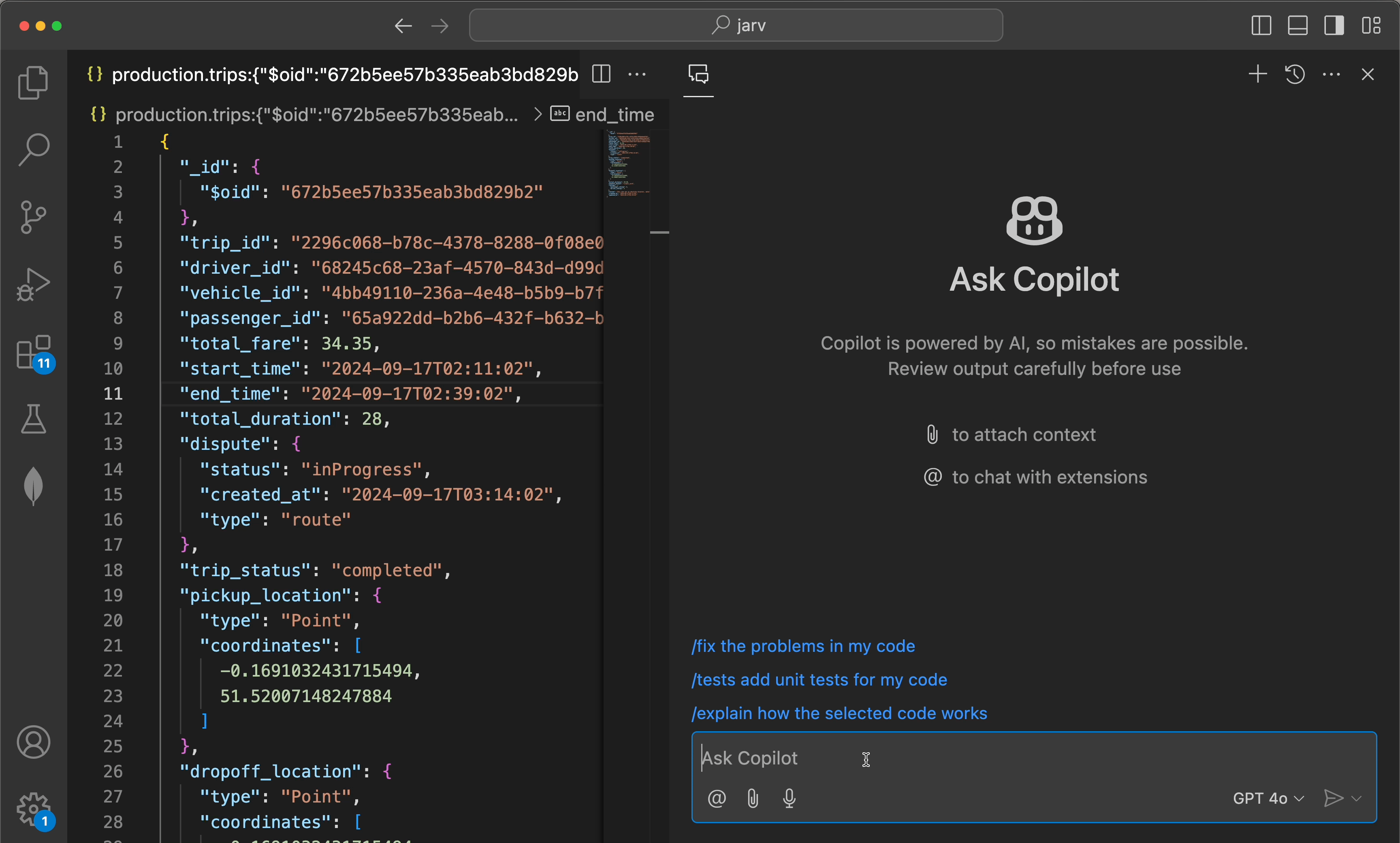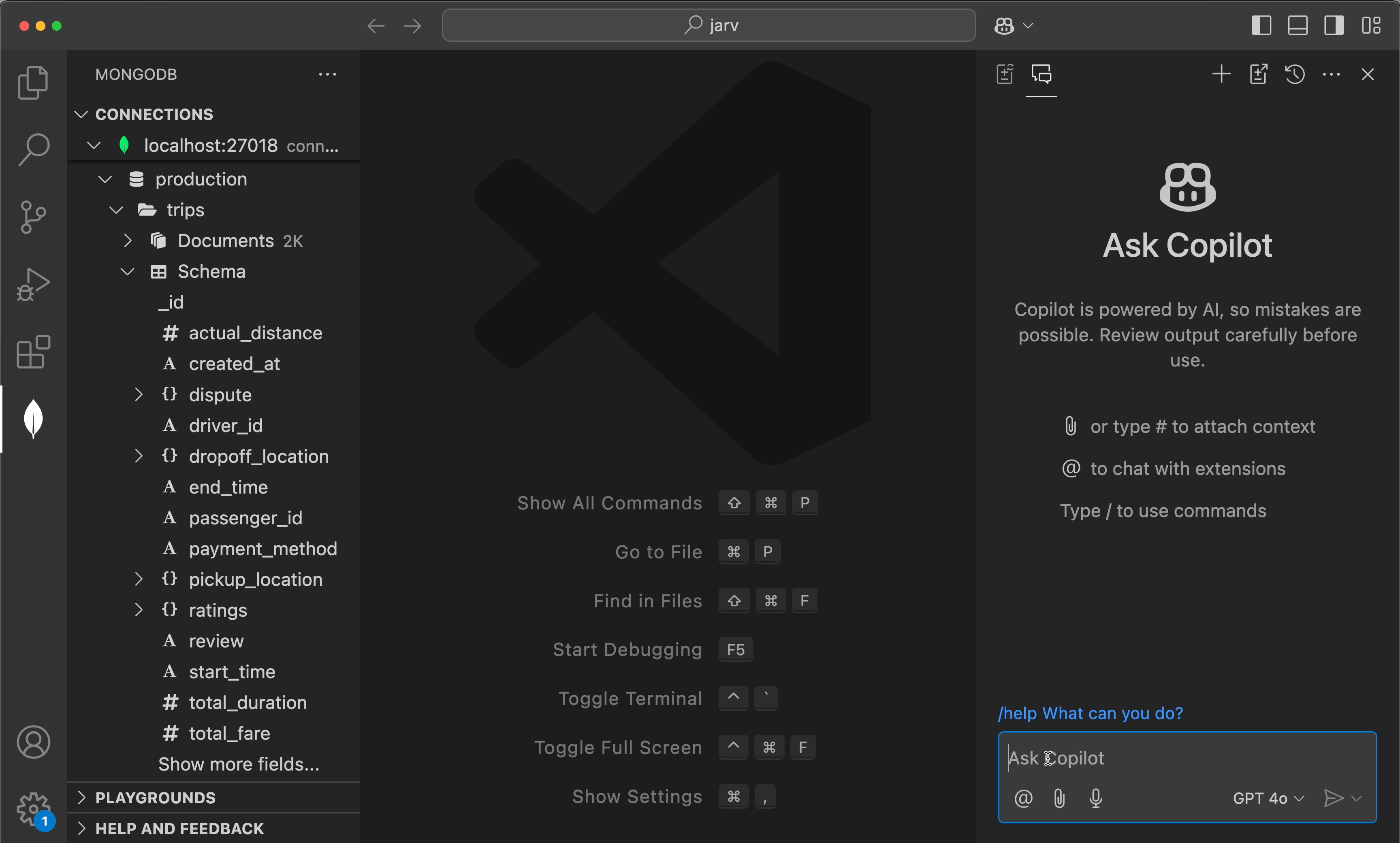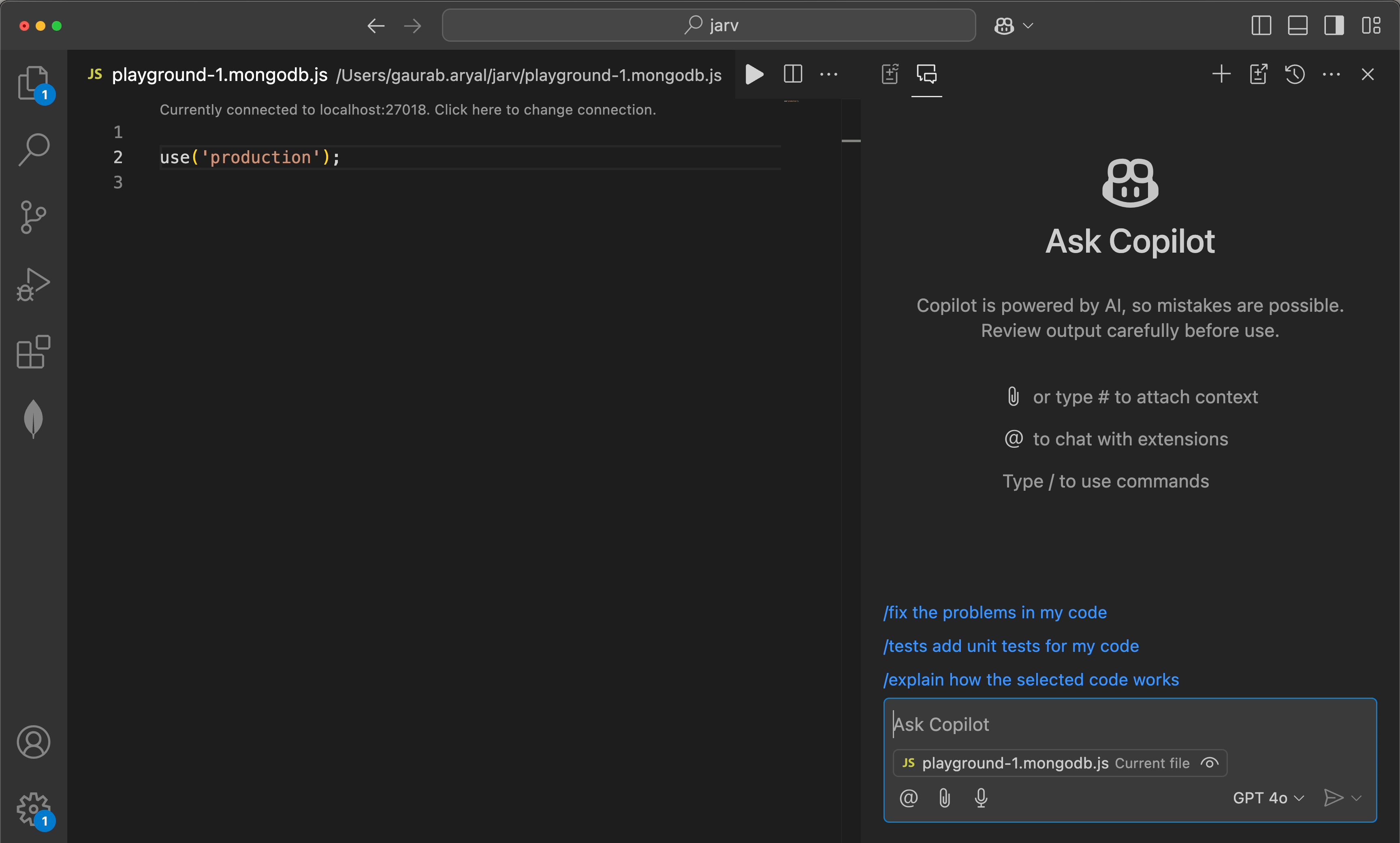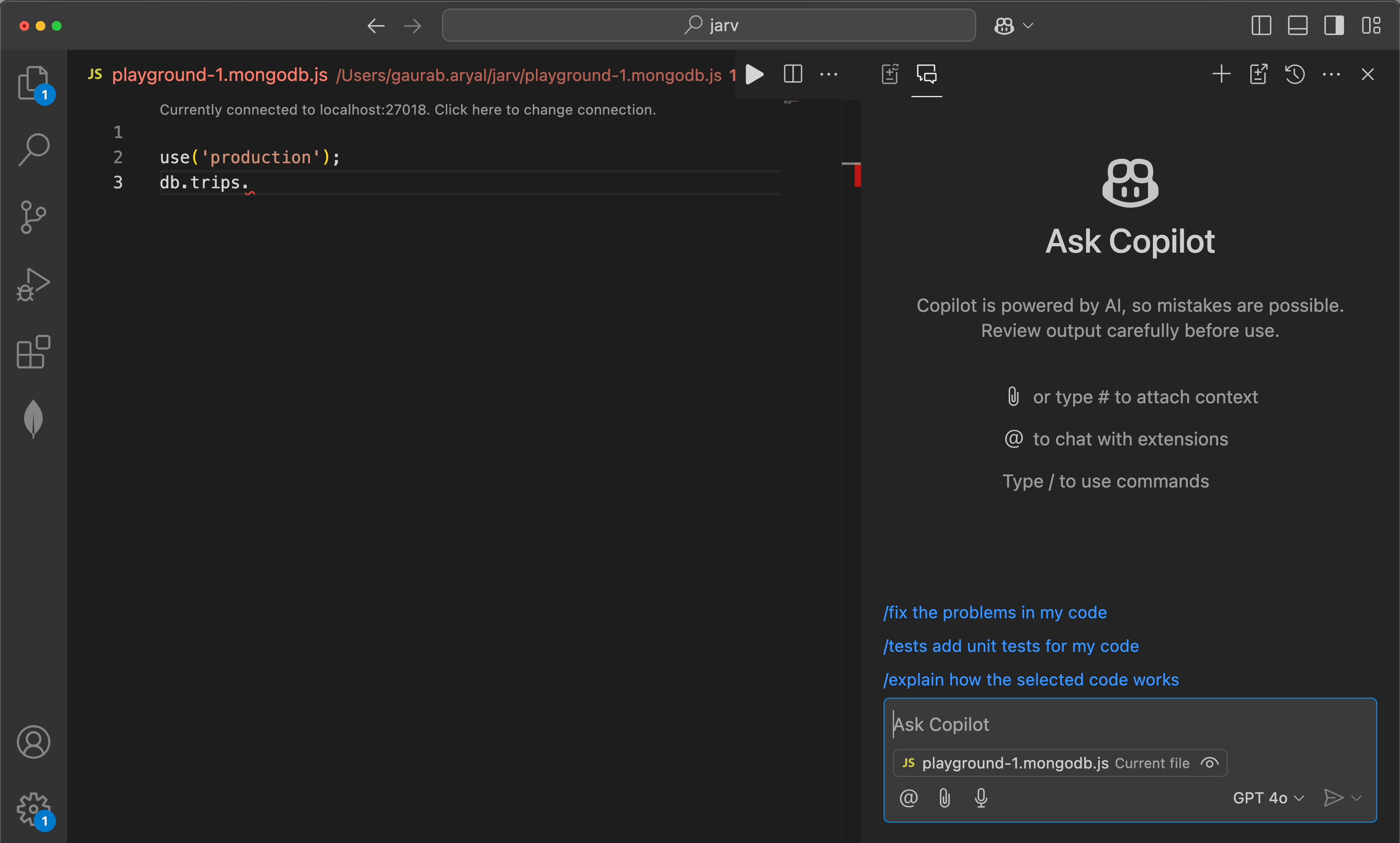As modern applications grow increasingly complex, developers face the challenge of meeting market demands for faster, smarter solutions. To stay ahead, they need tools that streamline their workflows, available directly in the environments where they build. According to the 2024 Stack Overflow Developer Survey, Microsoft’s Visual Studio Code (VS Code) is the integrated development environment (IDE) of choice for 74% of professional developers, serving as a central hub for building, testing, and deploying applications. With the rise of AI-powered tools like GitHub Copilot—which is used by 44% of professional developers—there’s a growing demand for intelligent assistance in the development process without disrupting flow.
At MongoDB, we believe that the future of development lies in democratizing the value of these experiences by incorporating domain-specific knowledge and capabilities directly into developer flows. That’s why we’re thrilled to announce the public preview of MongoDB’s extension to GitHub Copilot in VS Code. With this integration, developers can effortlessly generate MongoDB queries, inspect collection schemas, and get answers from the latest MongoDB docs—all without leaving their IDE.
Our collaboration with MongoDB continues to bring powerful, integrated solutions to developers building the modern applications of the future. The new MongoDB extension for GitHub Copilot exemplifies a shared commitment to the developer experience, leveraging AI to ensure that workflows are optimized for developer productivity by keeping everything developers need within reach, without breaking their flow.
Isidor Nikolic, Senior Product Manager for VS Code, Microsoft
But we’re not stopping there. As AI continues to evolve, so will the ways developers interact with their tools. Stay tuned for more exciting developments next week at Microsoft Ignite, where we’ll unveil more ways we’re pushing the boundaries of what’s possible with AI through MongoDB and Microsoft’s partnership!
What is MongoDB’s Copilot extension?
MongoDB’s Copilot extension supercharges your GitHub Copilot in VS Code with MongoDB domain knowledge. The Copilot integration is built into the MongoDB for VS Code extension, which has more than 1.8M downloads in the VS Code marketplace today.
Type ‘@MongoDB’ in Copilot chat and take advantage of three transformative commands:

Generate queries from natural language (/query)—this generates accurate MongoDB queries by passing collection schema as context to Github Copilot
Query MongoDB documentation (/docs)—this answers any documentation questions using the latest MongoDB documentation through Retrieval-Augmented Generation (RAG)
Browse collection schema (/schema)—this provides schema information for any collection and is useful for data modeling with the Copilot extension.
Generate queries from natural language
This command transforms natural language prompts into MongoDB queries, leveraging your collection schema to produce precise, valid queries. It eliminates the need to manually write complex query syntax, and allows developers to quickly extract data without taking their focus away from building applications. Whether you run the query directly from the Copilot chat or refine it in a MongoDB playground file, we’ve sped up the query-building process by deeply integrating these capabilities into the existing flow of MongoDB VS Code extension.

Query MongoDB documentation
The /docs command answers MongoDB documentation-specific questions, complemented by direct links to the official documentation site. There’s no need to switch back and forth between your browser and your IDE; the Copilot extension calls out to the MongoDB Documentation Chatbot API that leverages retrieval-augmented generation technology to generate responses that are informed by the most recent version of the MongoDB documentation. In the near future, these questions will be smartly routed to documentation for the specific server version of the cluster you are connected to in the MongoDB VS Code extension.

Browse collection schema
The /schema command offers quick access to collection schemas, making it easier for developers to access and interact with their data model in real-time. This can be helpful in situations where developers are debugging with Copilot or just want to know valid field names while developing their applications. Developers can additionally export collection schemas into JSON files or ask follow-up questions directly to brainstorm data modeling techniques with the MongoDB Copilot extension.

On the Horizon
This is just the start of our work on MongoDB’s Copilot extension. As we continue to improve the experience with new features—like translating and testing queries to and from popular programming languages, and in-line query generation in Playgrounds—we remain focused on democratizing AI-driven workflows, empowering developers to access the tools and knowledge they need to build smarter, faster, and more efficiently, right within their existing environments.
Download MongoDB’s VS Code extension and enable the MongoDB chat experience to get started today.
Source: Read More


